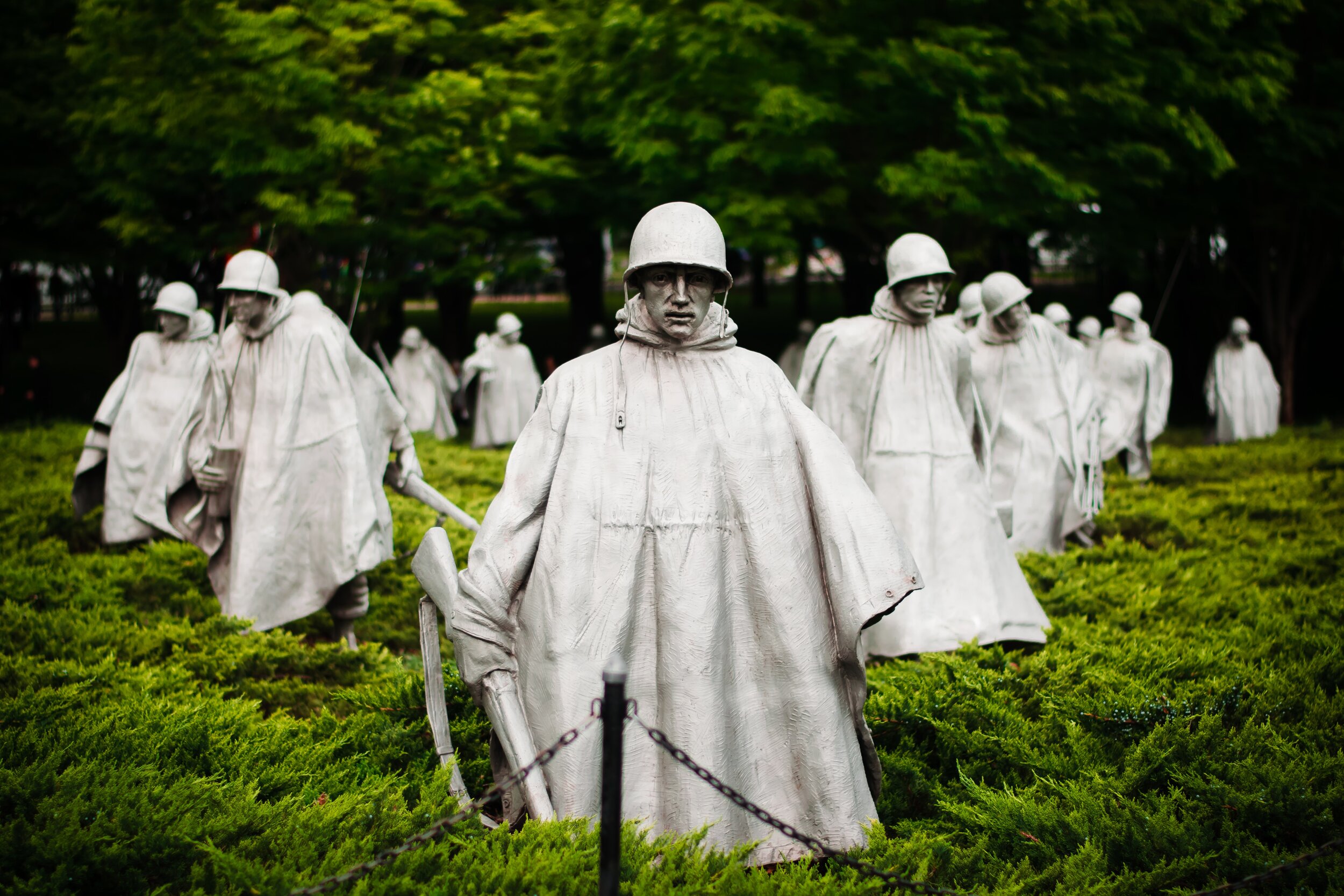Kevin Adams
Kent State University
Kevin Adams is a specialist in the study of War and Society in the United States from the colonial period to the present, with a particular emphasis on the post-Civil War U.S. Army. While he maintains an interest in the social and cultural history of that army (as demonstrated in his 2009 monograph, Class and Race in the Frontier Army: Military Life in the West, 1870-1890), Adams' current research explores the political and legal aspects of the military experience after the Civil War. His current book examines the federal government’s use of military force and civil rights prosecutions to overcome white mobs trying to expel the Chinese from the Pacific Northwest in the 1880s.
Undergraduate Syllabus
War & Society
While military history has long been a subject of interest to professional historians, the expansion of the study of the military and war to include other aspects of history is a more recent development. In this course, we will take advantage of this rapidly growing literature in order to assess the impact of war and the military upon the society, culture, politics, and economy of colonial America and the United States. At the outset, it should be understood that this is not a course in military history and it is not comprehensive. (Given the length of time covered in this course and the amount of scholarly material already in existence, such a goal would be impossible to achieve.) Instead, we shall make episodic interventions into the history of the United States from the colonial period to the end of the Civil War, using the course lectures and readings to consider topics that are interesting, important, or undergoing historiographical revision.
graduate Syllabus
THE LENS OF WAR: AMERICAN HISTORY THROUGH THE STUDY OF THE MILITARY
“The Lens of War” is designed as a graduate-level survey of the manifold ways in which armed conflict and the military as an institution have shaped the history of what is now the United States. Since the course is part of the “States of Violence” concentration in our graduate program, many of its readings will also consider the reach, meaning, and significance of violence. Outside of reinforcing my central belief that chronological breadth is essential for Americanists, my goals for the class are to provide you a new synthetic lens through which you can understand American history and to expose you to some of the many ways specialists in War & Society approach the subject.

